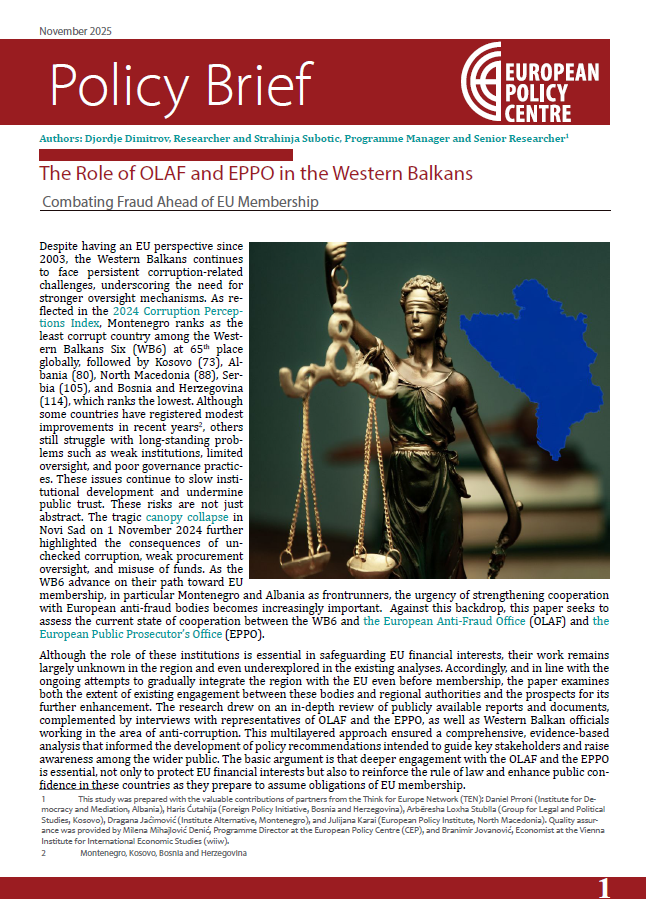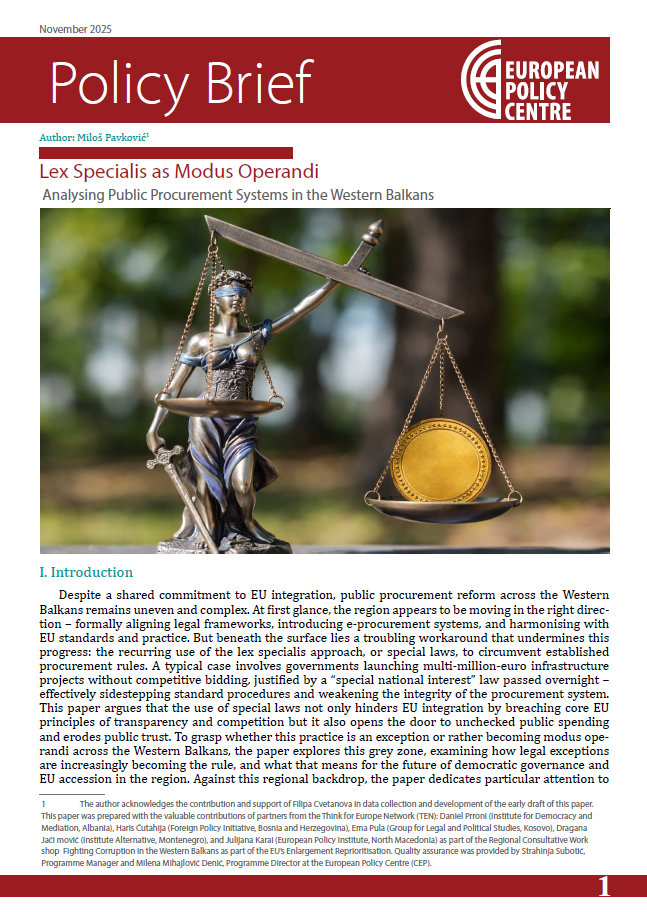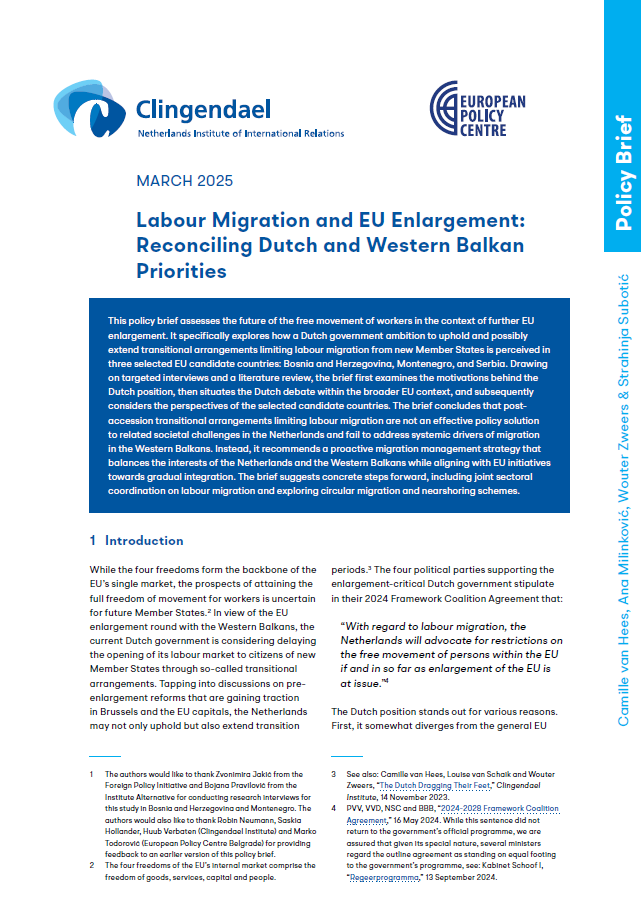Headquarters: Svetog Nauma 7, 11000
Office address: Đorđa Vajferta 13, 11000
Phone:: +381 11 4529 323
With the outbreak of war in Ukraine, Russia has launched an extensive information warfare campaign, wielding the power of misinformation to sway global sentiment, fracture European unity, and rally support for its actions. As the European Union swiftly moved to ban Russian media broadcasts, the battleground shifted to social media platforms, with Telegram emerging as a centre stage for the dissemination of Kremlin propaganda on a global scale. In particular, European nations such as Poland, Germany, and the Czech Republic, which are among the top supporters of Ukraine, have found themselves on the frontline of this information competition. Meanwhile, in the Western Balkans, which are far from the conflict zone but not immune to its reverberations, the influence of Russian media has only grown stronger.
Yet, alongside this official presence, the social media landscape has also undergone profound transformations, becoming both a battlefield and a breeding ground for pro-Russian narratives. Considering the importance of this topic, this study investigates the dynamics and impact of the Kremlin’s narratives on Telegram in Serbia, focusing on the interplay between local Serbian discourse and propagandist’ content. Primarily, it seeks to determine whether Russian or pro-Russian propaganda dominates the region. The research uncovers a network affiliated with Russia’s Telegram channels operating in Serbia and the Western Balkans, analysing how the Serbian political and social context influences these narratives and their perception. Furthermore, it identifies patterns in the distribution of pro-Russian content across the region, offering insights into the strategies used to disseminate these messages and their broader implications for regional stability and political dynamics. The analysis reveals that despite Russia’s efforts to establish a propaganda broadcasting network in the Balkans, the region does not hold a strategic priority for the Kremlin. Instead, the primary disseminators of pro-Russian messages are local actors leveraging these narratives to serve their interests.


